The book “Novel Drug Delivery Systems: From Fundamental Principles to Advanced Applications” serves as a comprehensive guide that delves into the intricacies of modern drug delivery technologies. This text meticulously explores the evolution of drug delivery systems, beginning with fundamental concepts and advancing to cutting-edge innovations that are shaping the future of pharmaceutical science. At its core, the book emphasizes the importance of understanding the foundational principles that govern drug delivery mechanisms. It covers the basic theories of pharmacokinetics and pharmacodynamics, providing a thorough explanation of how drugs interact with the body and how their therapeutic efficacy can be optimized through innovative delivery methods. The text presents a detailed analysis of conventional drug delivery systems, such as oral, transdermal, and parenteral routes, laying the groundwork for understanding the need for novel approaches. One of the key strengths of this book is its exploration of various novel drug delivery systems (NDDS), which are designed to overcome the limitations of traditional methods. The text introduces readers to a variety of NDDS, including nanoparticles, liposomes, dendrimers, and hydrogels, each of which offers unique advantages in terms of targeted delivery, controlled release, and enhanced bioavailability. These advanced systems are discussed in the context of their design, formulation, and application, providing a comprehensive understanding of how they can be used to improve patient outcomes. The book also highlights the role of technology in advancing drug delivery systems. It discusses the integration of nanotechnology, biotechnology, and materials science in developing sophisticated delivery platforms. For instance, the use of biodegradable polymers for creating controlled-release systems is examined, along with the application of nanocarriers for targeting specific tissues or cells. The text also covers the use of stimuli-responsive systems that release drugs in response to specific physiological conditions, such as pH or temperature changes, offering a glimpse into the future of personalized medicine.

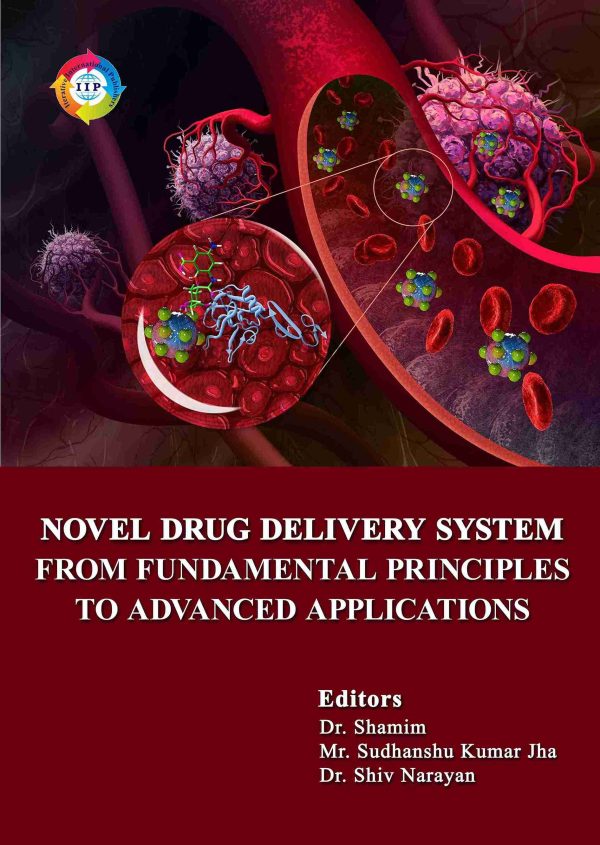
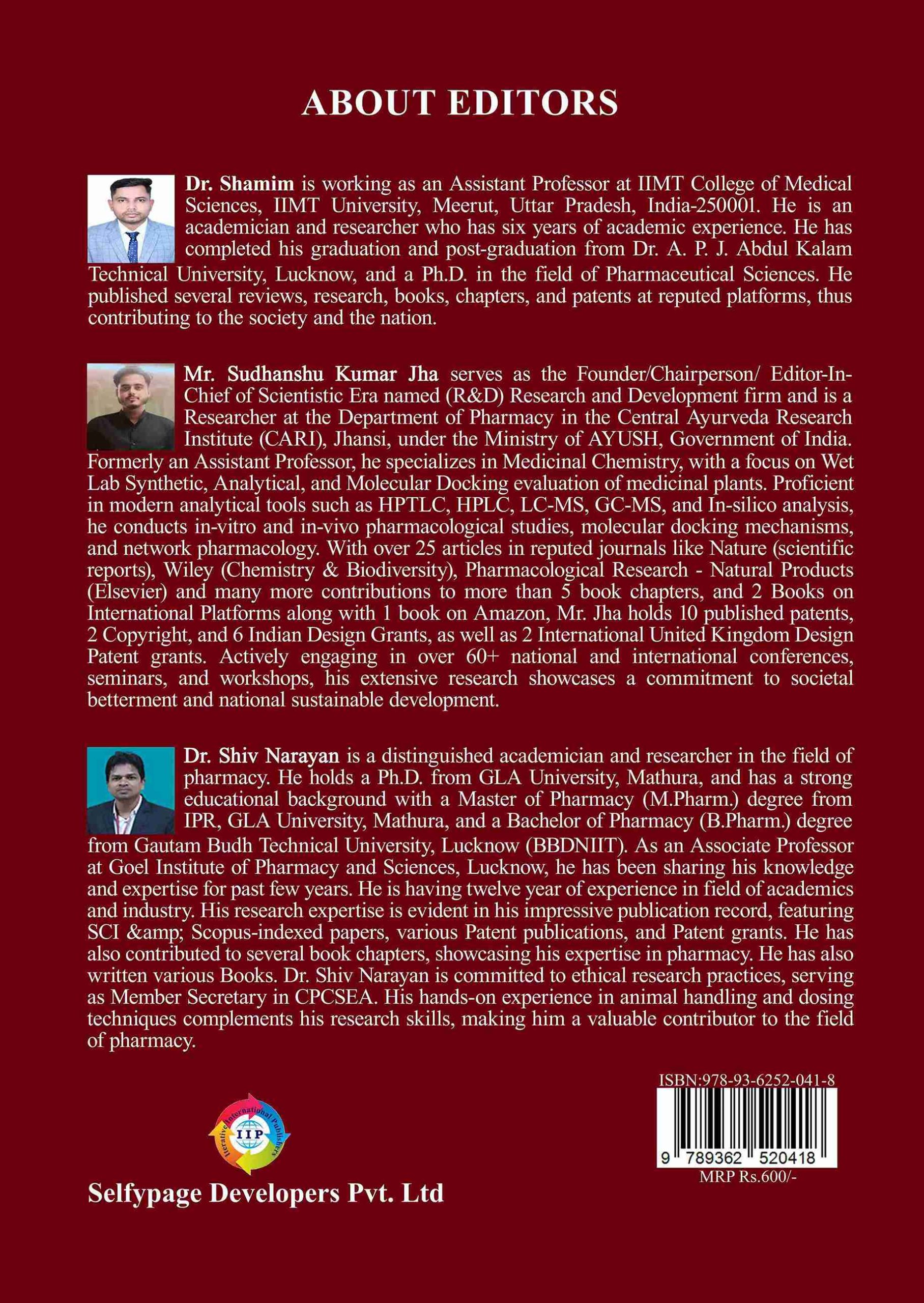
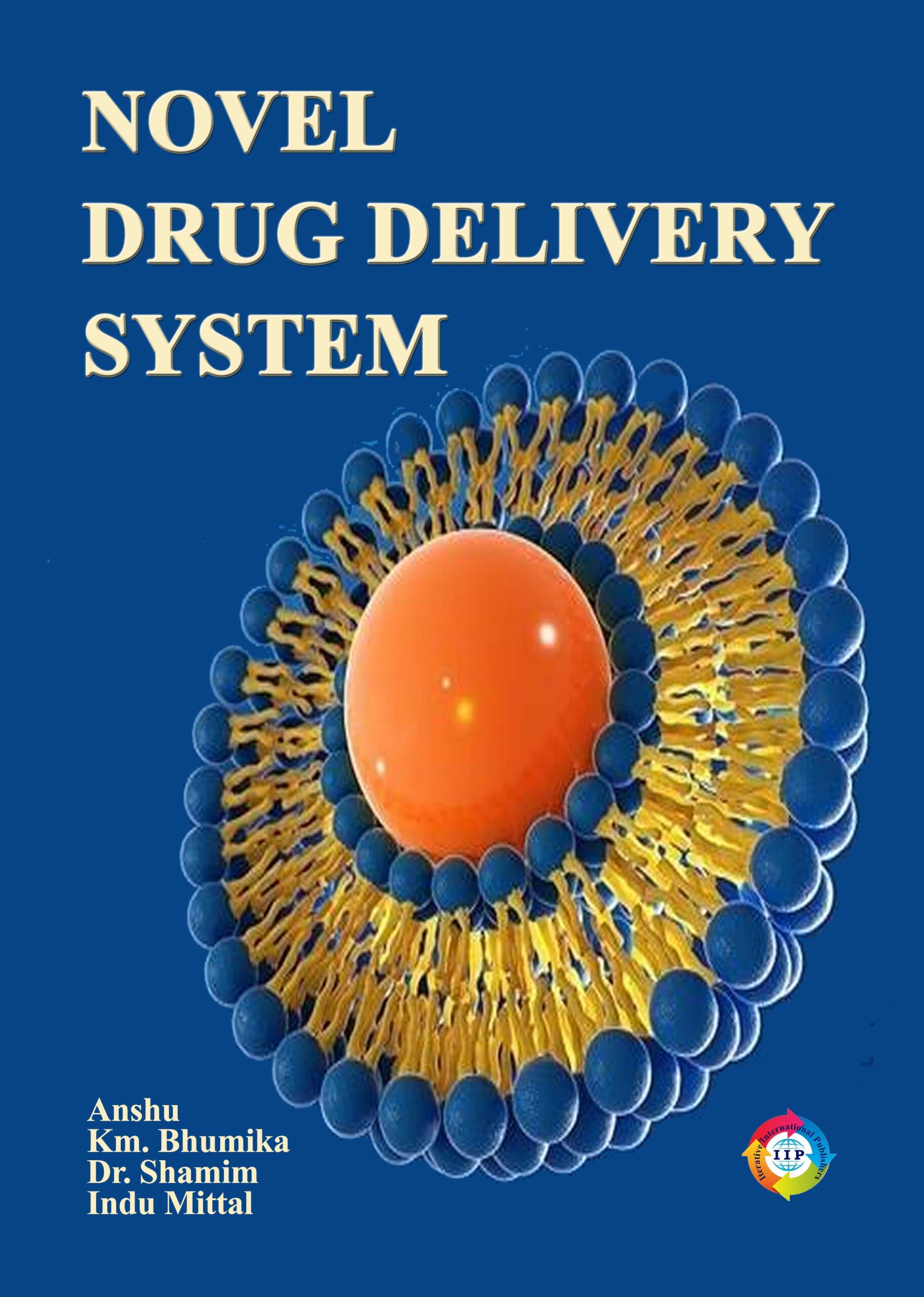
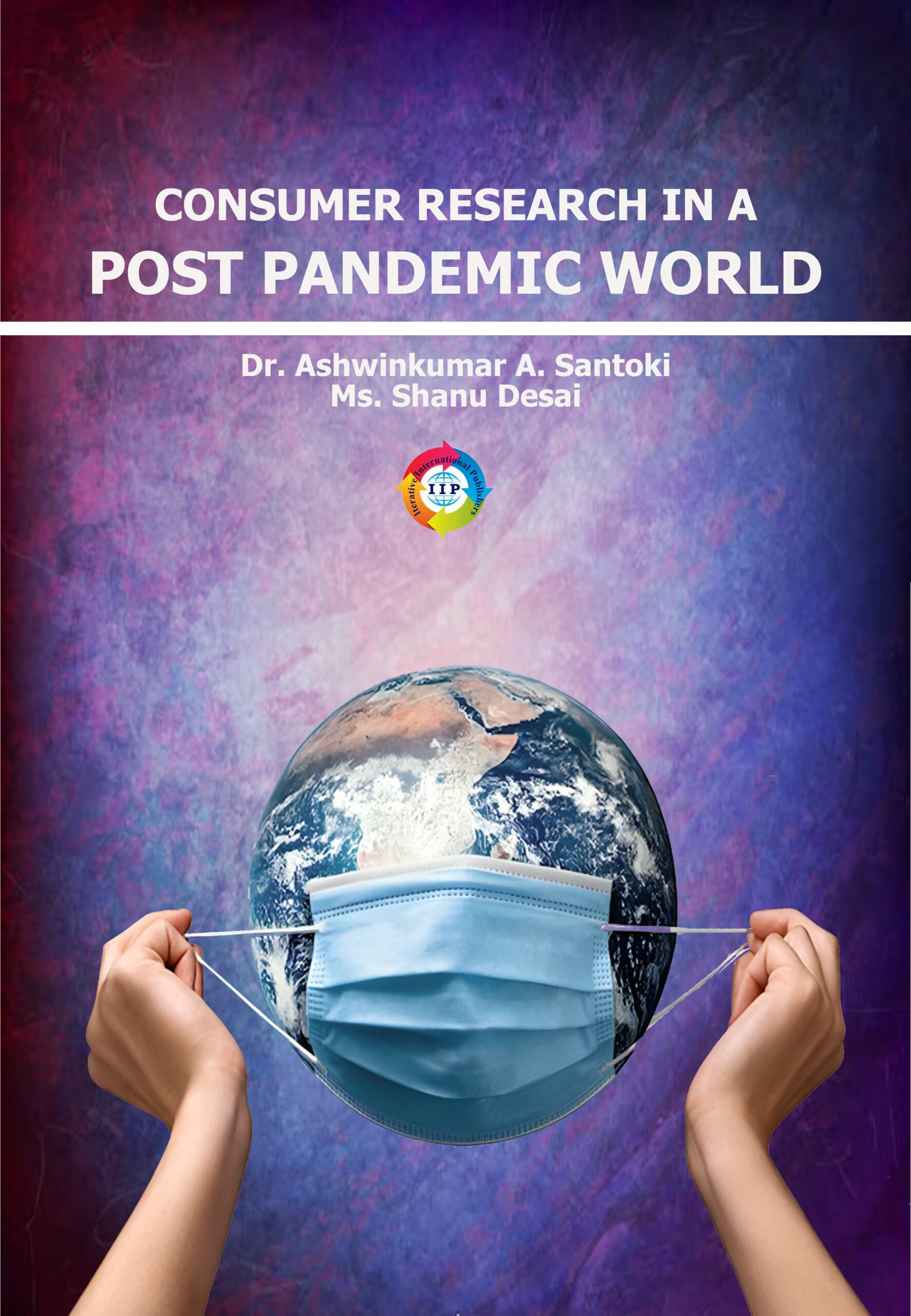


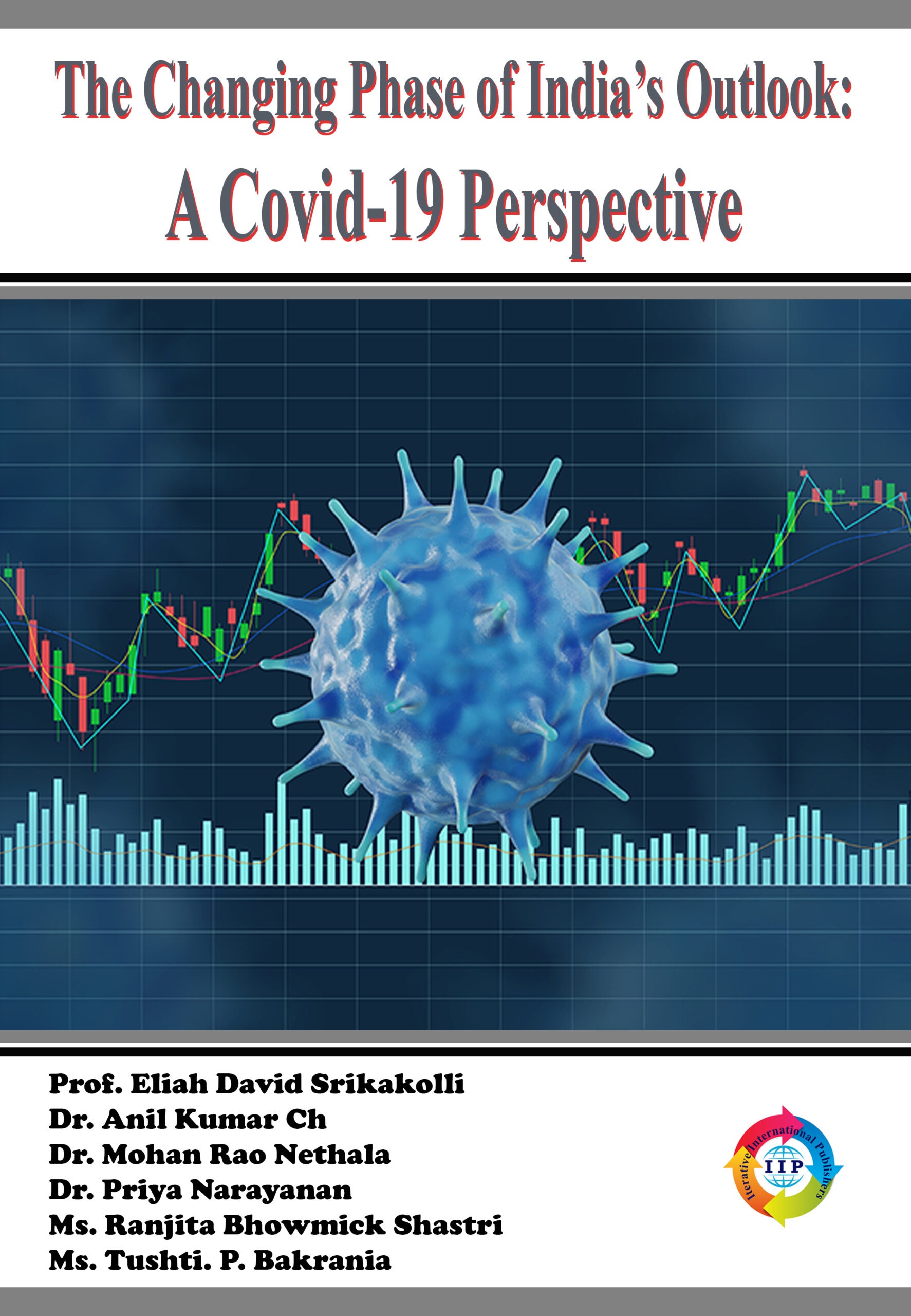
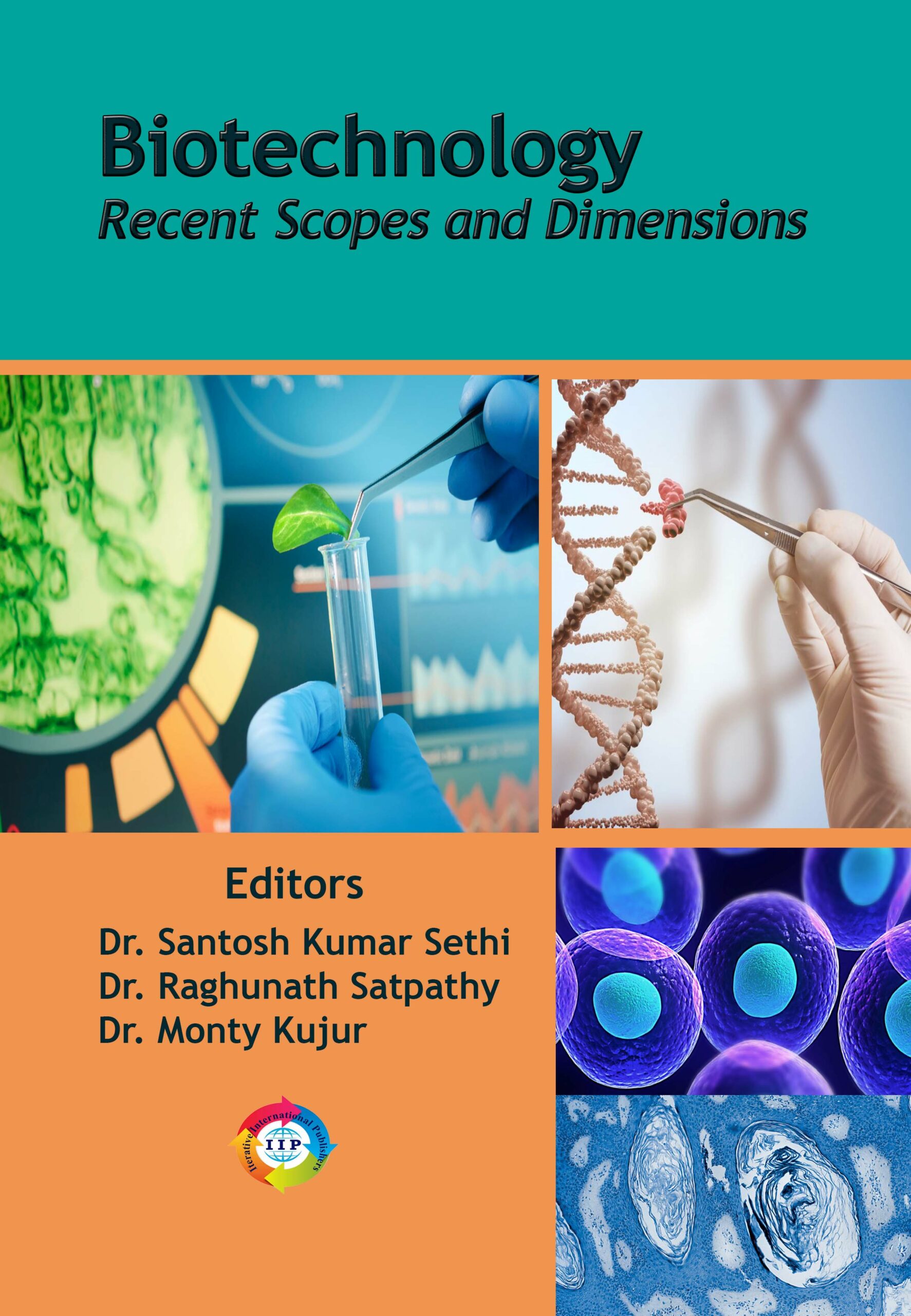

Reviews
There are no reviews yet.